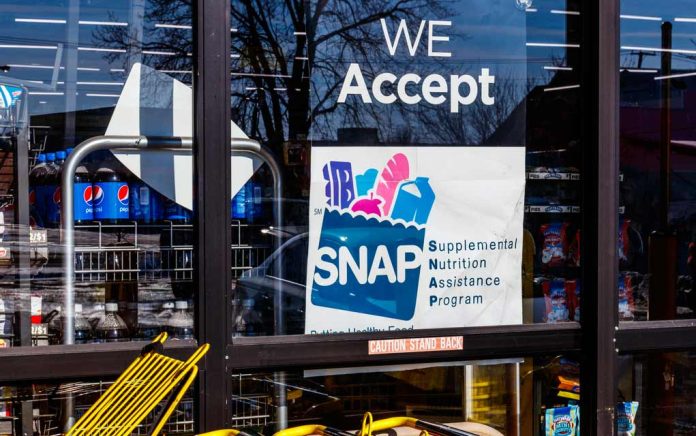
(ConservativeInsider.org) – The term “welfare,” as it applies to the assistance governments give to low-income citizens of the United States, is a catchall phrase that has several segments. Different programs have been put in place over the years to achieve different aims, including:
- The Supplemental Nutrition Assistance Program (SNAP) — what many simply referred to as food stamps — provide a monthly stipend for families to buy groceries.
- Public Housing Programs are government-owned properties where people can live paying little or no rent.
- The Temporary Assistance for Needy Families (TANF) is the prototypical welfare system that simply provides cash to qualified people.
Most of these programs were set up as important safety nets for those who have trouble being self-sufficient. However, over the last half-century or so, some people have started to fall into a welfare trap.
A Brief History
From the founding of the United States up through the early 20th century, the idea of the federal government becoming a welfare state didn’t exist. However, with the 1929 stock market crash and the ensuing Great Depression, that changed, most notably with mechanisms put in place by President Franklin Delano Roosevelt (FDR).
Once World War II came around, and the economy changed over to wartime production, one might think the policies would’ve ended with the conflict. However, that was not the case with them. Instead, they kept growing and became a bigger drain on Washington, DC until 1996, when President Bill Clinton managed to pass a law, removing the bulk of the responsibility for administration to state and local officials.
Multigenerational Dependent Families
One of the most important of Clinton’s reforms was instituting requirements that recipients of funds continue making strides towards becoming self-reliant. This led to an almost 66% drop in the welfare rolls and had a dramatic effect on poverty amongst children.
That should’ve signified the beginning of the end of the proven cyclical dependence on welfare programs from one generation to the next. But, that hope diminished in 2012, when President Barack Obama directed the Department of Health and Human Services (HHS) to allow states to opt-out of work requirements.
The Dangers of the Progressive Liberals
The Democratic Party has seen a large shift to the left with policy proposals that the likes of Senator Bernie Sanders (I-VT) and Representative Alexandria Ocasio-Cortez (D-NY) have put on the table. Some of their ideas would make long-term dependency on the government and oppressive taxes to pay for them a near certainty.
For example, in the “Green New Deal,” the authors of the bill said it’s “necessary” to protect our world from imminent destruction due to climate change. What they didn’t do was to explain how a Universal Basic Income (UBI) for everybody, including people who choose not to work (not are unable to work, but those who are simply don’t want to get a job), would help accomplish that.
Sanders, in his unsuccessful attempts to gain the Democratic Party’s nomination for president in both 2016 and 2020, used as one plank in his platform the idea of Universal Healthcare (aka Medicare-for-All). The two programs combined have been estimated to cost a staggering $120 trillion minimum over a ten-year period which would almost quadruple the current federal budget.
Many American families have found themselves stuck in the morass of the government promising much but delivering little in the way of true relief to help them out of poverty. There is an adage of uncertain origin that might be anchored in the works of 12th-century philosopher Maimonides, which today says, “give a man a fish and you feed him for a day. Teach a man to fish and you feed him for a lifetime.” Perhaps the politicians who believe shoveling money at a problem is the answer should learn that their “solution” smells like a pile of tuna left in the hot sun for three days.
Copyright 2020, ConservativeInsider.org







